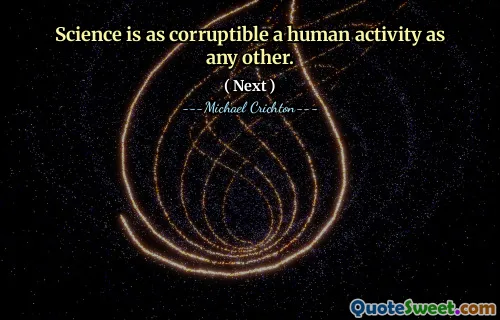
Abuse counselors say of the abusive client: When he looks at himself in the morning and sees his dirty face, he sets about washing the mirror.
This quote offers a profound insight into the nature of accountability and self-awareness, especially in the context of abusive behavior. The metaphor of seeing a 'dirty face' signifies the acknowledgment of one's faults or harmful actions. The act of washing the mirror symbolizes the effort to correct one's flaws, to seek self-improvement, and to take responsibility for change. It suggests that true change begins with an honest and confrontational look at oneself, rather than blaming external circumstances or other people. Often, individuals who exhibit abusive tendencies deny or minimize their own faults, instead pointing fingers or escapizing their responsibilities. This quote highlights the importance of internal reflection—a crucial step for anyone wishing to change for the better. The process of 'cleaning the mirror' represents the ongoing journey of self-awareness and genuine remorse, which can pave the way for healing and healthier relationships. It underscores that meaningful transformation isn't about superficial apologies but requires an internal realization that accompanied by actions aligned with this newfound awareness. Recognizing one's flaws is often uncomfortable and, for many, painful; however, it is a necessary step towards empathy, compassion, and ultimately, change. The quote reminds us that transformation begins inwardly, and that confronting uncomfortable truths about ourselves is the crucial first step in breaking destructive patterns. This reflection aligns with the teachings in '(Why Does He Do That?: Inside the Minds of Angry and Controlling Men)' in emphasizing the importance of self-awareness in overcoming abusive tendencies and fostering genuine personal growth.


